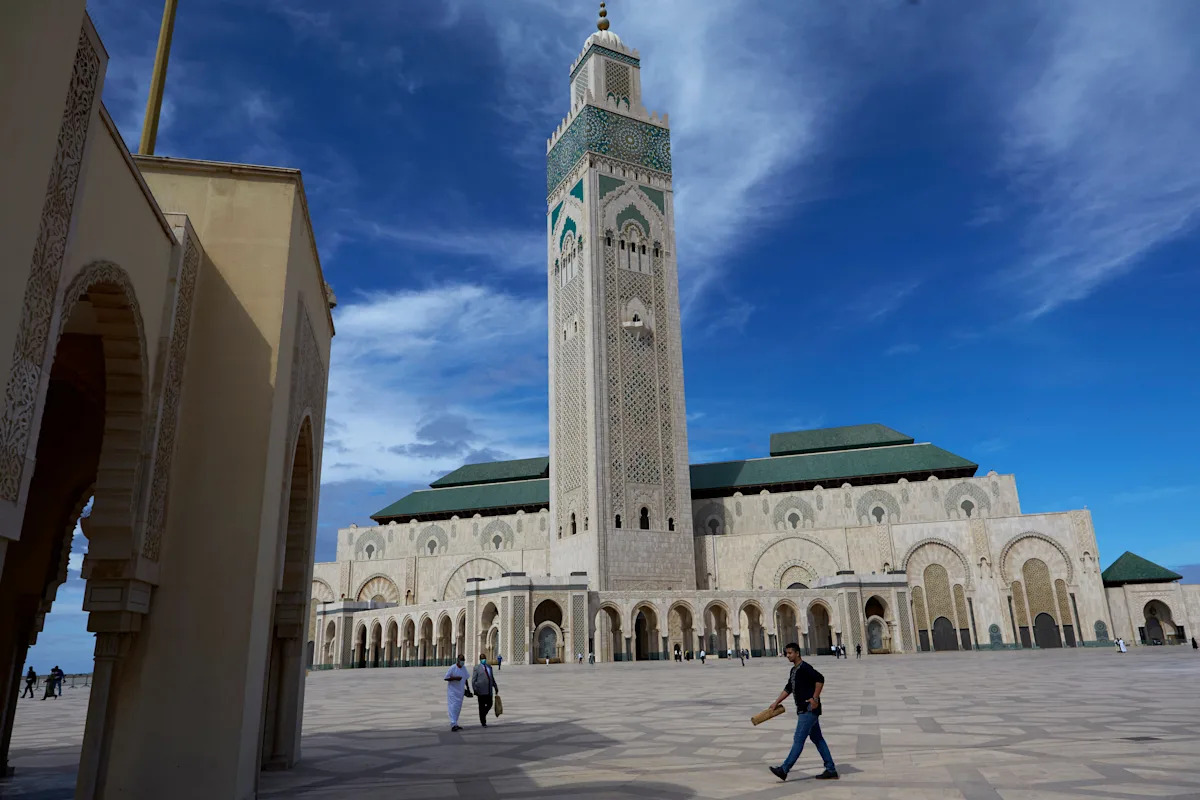Worshippers in Morocco’s capital gathered in silence as a government-sanctioned sermon echoed through mosques nationwide, urging parents to involve their children in public affairs. This message came in the wake of a significant youth uprising, which has seen unprecedented protests demanding better social and economic conditions. Although the sermon did not directly address the protests, it marked a notable effort by the government to engage with the concerns raised by the youth movement known as Gen Z 212.
In a mosque in Rabat, the imam, dressed in traditional attire, emphasized the importance of civic participation. He stated, “One of the most important things we should care about is raising children to participate in the managing of public affairs (…) and participation in serving the nation, loving the homeland and watching over its security and stability.” His words reverberated outside the mosque, calling on citizens to contribute actively to national life.
Government’s Direction of Sermons
Traditionally, imams selected sermon topics, but in recent years, governments in several countries, including Morocco, have taken control of the content. Officials argue that this approach aims to combat extremist rhetoric. Critics, however, contend that it transforms sermons into instruments for promoting state policies. In Morocco, imams are government employees, and the same sermon is delivered across the country’s approximately 53,000 mosques and broadcast live on public television.
The recent protests were sparked by discontent over government spending priorities, particularly in relation to the upcoming 2030 World Cup. Many young people expressed frustration that investment in sports infrastructure overshadowed essential public services. Organised through social media by an anonymous group, the protests reject links to political parties and call for the removal of what they consider a corrupt government.
In response, government officials acknowledged the grievances of young activists and encouraged dialogue. Following a Cabinet meeting chaired by King Mohammed VI, new measures were announced to enhance youth political participation and create job opportunities. These include a draft bill aimed at reducing candidacy requirements for individuals under 35 and offering financial support for campaign expenses, covering up to 75% of costs.
Reactions to Sermons and Government Measures
Many observers noted a connection between the sermon’s content and the newly proposed government initiatives. The draft budget for 2026 is set to allocate a record $15 billion (140 billion dirhams) towards health and education, significantly more than previous expenditures. This budget aims to create 27,000 jobs in these sectors, upgrade 90 hospitals, and improve educational quality across the country.
In the sermon, the imam referenced historical examples of how followers of the Prophet Mohammed engaged their children in public discussions. Notably, he refrained from mentioning the protests or the violence and arrests that accompanied them. According to the Moroccan Association of Human Rights, over 1,500 individuals are facing prosecution related to the protests, with reports indicating that an appeals court in Agadir has sentenced 33 defendants to a total of 260 years in prison for vandalism.
One young protester, an 18-year-old college student named Soufiane, expressed hope that the true intent behind the sermons was to promote genuine youth participation in public life. He emphasized the need for transparent actions to accompany the sermon’s rhetoric.
Despite the government’s outreach efforts and the sermons, attendance at weekend protests was lower than anticipated. Only a handful of demonstrators turned out at a gathering in Casablanca, suggesting a possible disengagement from the movement among young people.
Dr. Driss El Ganbouri, a researcher focused on religious affairs, commented on the dual messaging from the state, noting that sermons serve as a platform for political discourse. He stated, “Friday sermons serve as a tool for practicing politics through mosques, whether to defend the state’s positions or to address other issues.” He also highlighted concerns that sermons have not adapted to reflect Morocco’s evolving political and social landscape, warning that preachers deviating from official narratives risk punitive measures.
As Morocco navigates these complex dynamics, the role of religious discourse in shaping civic engagement and public sentiment remains a critical area of observation.
